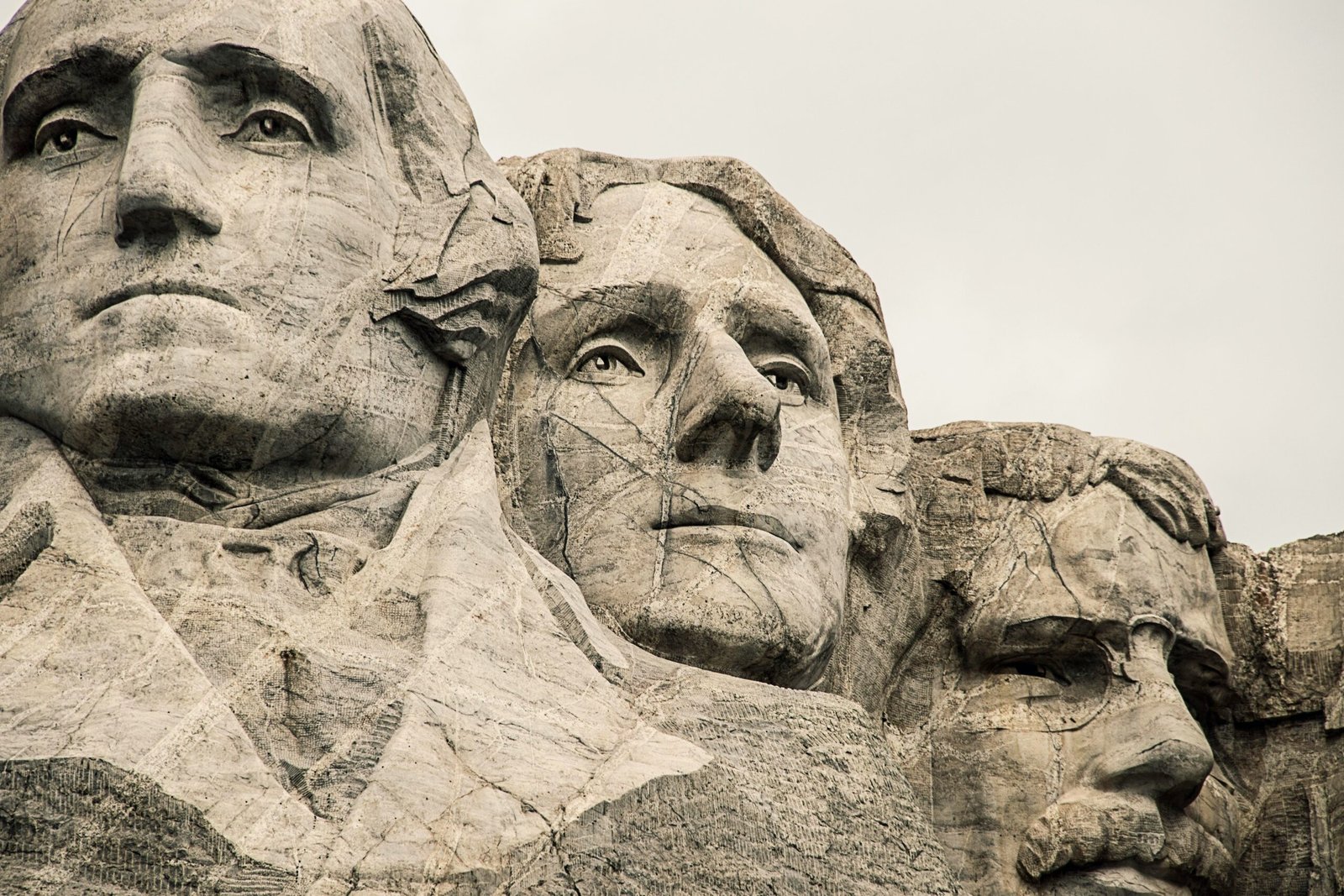Origins of Presidents’ Day
Presidents’ Day, celebrated on the third Monday of February, has its roots embedded deeply in American history, specifically concerning the birthdays of two of the nation’s most notable leaders, George Washington and Abraham Lincoln. Washington’s birthday, February 22, was officially recognized as a federal holiday in 1885, serving as a moment to honor the first president of the United States. His significance in shaping the nation is unquestionable, as his leadership during the Revolutionary War and presidency laid the groundwork for the development of the United States.
The commemoration of Washington’s birthday remained a singular focus until the mid-20th century. As societal views evolved, there was a growing sentiment to also recognize Abraham Lincoln, whose birthday falls on February 12. Recognizing the substantial impact of both figures on American history, the idea emerged to create a holiday that honored all U.S. presidents, hence giving rise to Presidents’ Day. This shift was formalized with the passage of the Uniform Monday Holiday Act in 1968, a legislative move aimed at providing more three-day weekends for the nation’s workers by creating fixed Monday holidays.
The significance of Presidents’ Day extends beyond just a simple acknowledgment of historical figures. It serves as an opportunity for reflection on the leadership and legacy of all individuals who have held the office of the president. Over the years, the holiday has transcended its origins, evolving into a broader celebration of American history and democracy. Retailers often capitalize on this holiday with sales, yet its essence remains in honoring the contributions of past presidents to the nation’s growth and development. By commemorating the leaders and their legacies, Presidents’ Day reinforces their enduring influence in contemporary America.
Presidents’ Day Celebrations Over the Years
Presidents’ Day, officially observed on the third Monday of February, has evolved significantly since its inception as a federal holiday. Initially established to honor George Washington’s birthday, the celebration has transitioned into a nationwide recognition of all U.S. presidents. The festivities have adapted over time, reflecting changes in societal values, cultural norms, and regional practices.
In its early years, Presidents’ Day was marked by solemn ceremonies and public speeches. Local municipalities often hosted events that would pay tribute to past leaders, encouraging civic engagement and reflection on American history. Many states incorporated parades and reenactments, fostering a sense of community pride and patriotism. Over the decades, however, the nature of the celebrations began to change, with a divergence in observance patterns across the country.
Different states have developed unique customs tied to Presidents’ Day. For instance, some states may emphasize educational programs in schools that focus on learning about the nation’s leaders, while others may feature historical exhibitions or community gatherings. States such as Massachusetts celebrate the fusion of Washington and Lincoln’s birthdays, showcasing how local history shapes the observance of national holidays.
In contemporary times, Presidents’ Day has become closely associated with retail promotions and consumer culture, often regarded as an opportunity for sales on major products. Businesses promote discounts that encourage shoppers to take advantage of holiday sales, effectively merging historical commemoration with commercial activity. This shift has influenced how the public perceives and interacts with Presidents’ Day, often prioritizing shopping over commemorating former presidents. Ultimately, the transformation of Presidents’ Day celebrations throughout the years underscores the holiday’s adaptability and its enduring significance in American society.
The Role of Presidents’ Day in American Identity
Presidents’ Day plays a crucial role in shaping the American identity by honoring the contributions and achievements of U.S. presidents throughout history. Celebrated on the third Monday in February, this holiday serves as a reminder of the nation’s foundational leaders, whom have shaped the country’s democratic principles and democratic values. The significance of Presidents’ Day extends beyond merely commemorating individuals; it embodies the ideals of leadership, civic responsibility, and the evolution of American democracy.
The holiday encourages citizens to reflect on the legacies of prominent presidents such as George Washington and Abraham Lincoln, among others. By recognizing their achievements and challenges, Presidents’ Day fosters a sense of national pride and unity. It prompts discussions about the nature of leadership and governance while highlighting the importance of civic engagement in a democratic society. Ultimately, this holiday reinforces the notion that every citizen plays a role in shaping the nation’s future, echoing the democratic virtues instilled by past leaders.
Moreover, educational institutions prominently incorporate Presidents’ Day into their curricula, enhancing students’ understanding of U.S. history. Through various activities, projects, and lessons tailored to the theme of the holiday, teachers emphasize the relevance of the presidency in American culture. Students learn about the responsibilities and challenges faced by presidents, developing critical thinking skills and fostering a deeper appreciation for the nation’s governance. This educational focus ensures that younger generations understand the integral role of these historical figures in shaping the American identity and their contributions to the core values upheld in society today.
Modern Interpretations and Future of Presidents’ Day
Presidents’ Day, originally established to honor George Washington’s birthday, has evolved significantly in contemporary society. Today, this federal holiday is often viewed through various lenses, reflecting the changing landscape of American values and perspectives. A central aspect of current discourse revolves around the holiday’s commercialization. Retailers frequently capitalize on Presidents’ Day to promote sales and discounts, which some critics argue detracts from the solemnity of honoring past leaders. This commercialization raises questions about the true significance of the holiday and whether it should remain a day of reflection or morph into another consumer-driven event.
Moreover, the relevance of Presidents’ Day in a diverse society is increasingly debated. With a growing population that celebrates a multitude of cultural and historical backgrounds, some argue that the focus on primarily white male presidents may alienate certain groups. This has prompted calls for a more inclusive celebration that recognizes the contributions of all Americans, thereby expanding the concept of leadership and honoring the spirit of democracy. As conversations about representation and diversity gain traction, the observance of Presidents’ Day may continue to shift.
The attitudes toward political figures and their legacies have also transformed significantly over the years. The presidency has always been a subject of both admiration and criticism, but in recent times, polarized political climates have influenced public perception even further. This increase in scrutiny could impact how Presidents’ Day is observed, as modern generations grapple with the complexities of historical figures. For example, discussions surrounding the actions and policies of various presidents often prompt re-evaluation of their significance and the lessons they impart.
Looking toward the future, Presidents’ Day will likely continue to adapt. As society evolves, so too may the ways in which we choose to celebrate this holiday. By fostering a more inclusive dialogue about leadership and service, Presidents’ Day has the potential to emerge as a day that not only honors past presidents but also encourages civic engagement in current societal issues. This shift could lead to a richer understanding of history and a more profound connection to the ideals that underpin the American democratic experience.








